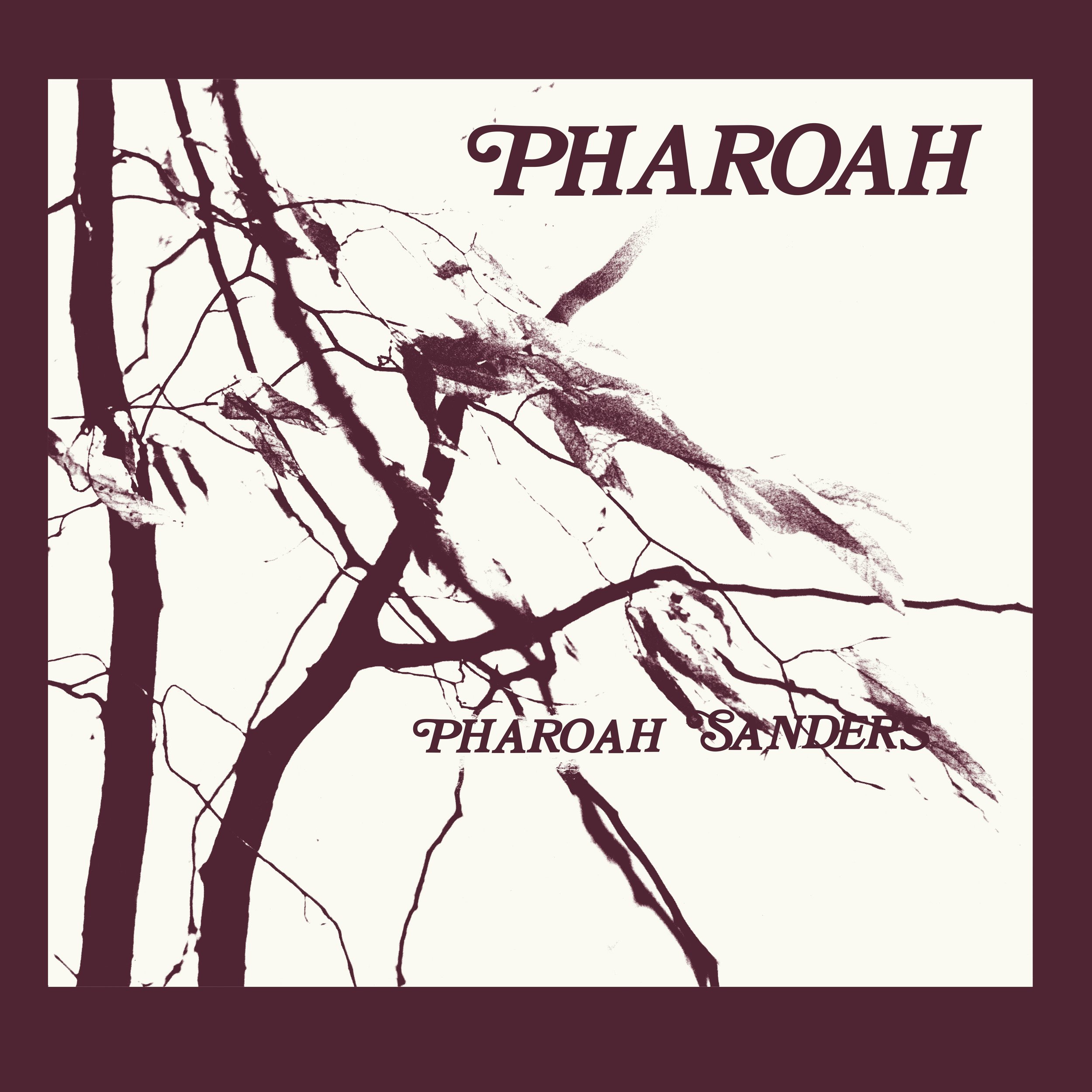The Pure Tone: Pharoah at the Jazzhus Montmartre, August 23, 1977
Pharoah performing at the Jazzhus Montmartre, Copenhagen, Denmark, on this day, August 23, 1977.
Over the course of his career, Pharoah would visit this beloved jazz club in Copenhagen several times—but in 1977, this was his first time. He was on a European tour after the release of his latest studio recording Pharoah, where he was playing music from the album live.
Jazzhus Montmartre, also known as Cafe Montmartre, had moved to a new location in Nørreport just a year before, a few blocks away from Copenhagen University, and it was beginning to gain a reputation as one of the best places to see jazz not just in Denmark, but in Europe.
An article in the Polish magazine Jazz Forum from 1977 begins, “Many good things have happened on the Danish scene last autumn. Since Montmartre opened at its new location at Norregade, several jazz artists have visited the country.” Pharoah was there—with Clifford Jarvis, Hayes Burnett, and Khalid Moss—during a particularly busy season. They played the same month as Elvin Jones, Sonny Rollins, and Stan Getz.
Niels Christiansen, today a music writer and respected figure in the Danish music scene, was 25 back then and had booked the show, and also ran sound on the night. He first met Pharoah and his band when they landed in Denmark. “I remember that there was no eye-contact when I picked him up at the airport,” he said. “I wasn’t sure what was going on, but thought maybe it was related to whatever his experience had been coming through customs at the airport. At the show, I remember thinking Pharoah was a different kind of person. He kept to himself. He didn’t really acknowledge the fact that there was an audience, which I think surprised people. He walked around onstage without playing in the microphone.”
This review appeared in the Danish daily newspaper Politiken a few days later, and was written by legendary Danish critic Boris Rabinowitsch (1925-2015). Titled Den rene tone, meaning the pure tone, Rabinowitsch expressed being captivated by finally being able to hear Pharoah live: “It is tenor saxophonist Pharoa [sic] Sanders’s own fault that we who only know him via the gramophone records have so far regarded him as a distinctly one-dimensional artist,” he began his review.
“It is the tone, its sonorous - and emotional expressive possibilities, that Sanders has succeeded not only in cultivating, but also in building on his Coltrane heritage with a deep personal commitment, that today he himself stands out as one of jazz's great individuals.”
The spread from Politiken on the day Rabinowitsch’s review was published. Courtesy of David Dyrholm.
Make note of the different spelling of Pharoah’s name in the article. On this tour, Pharoah’s name appeared in various iterations, with each country taking a different approach.
Special thanks to the writer David Dyrholm of Politiken, who reviewed Pharoah’s album Promises, and who helped research material for this story.
Pharoah is out September 15.






